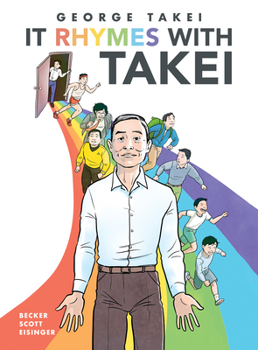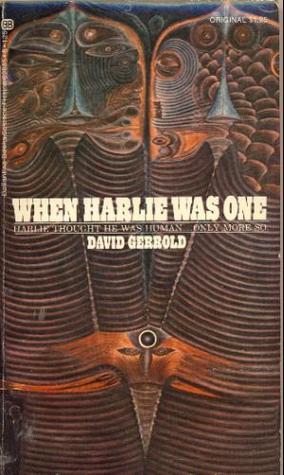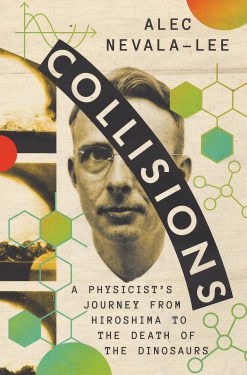I read this in a digital version. Nice clean art and beautifully laid-out for a graphical presentation. I knew that George Takei had a history of activism in California, but this book goes over all of his biography. The through-line is having to hide his homosexuality for a large part of his life.
It’s a bit of a spoiler to say that his brother didn’t accept that he was gay. I found this to be the most emotional part of the book. I enjoyed reading how he met and fell in love with his husband.
“It’s easy to hate from afar.” George has done a lot in his lifetime to ease the hate.



